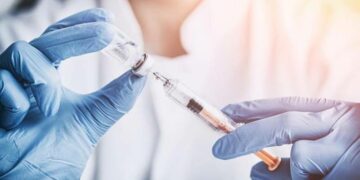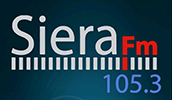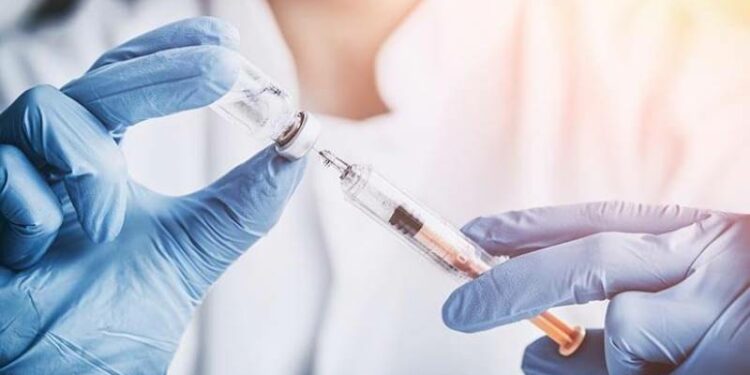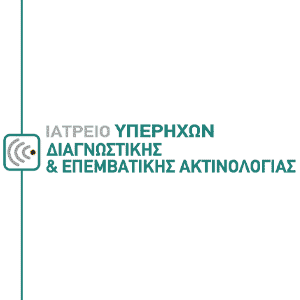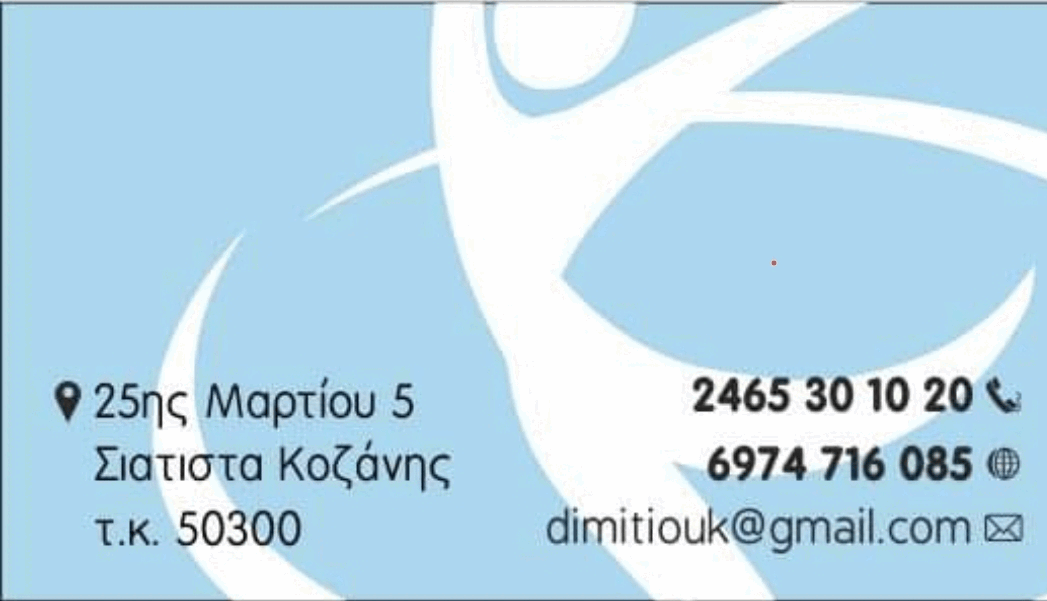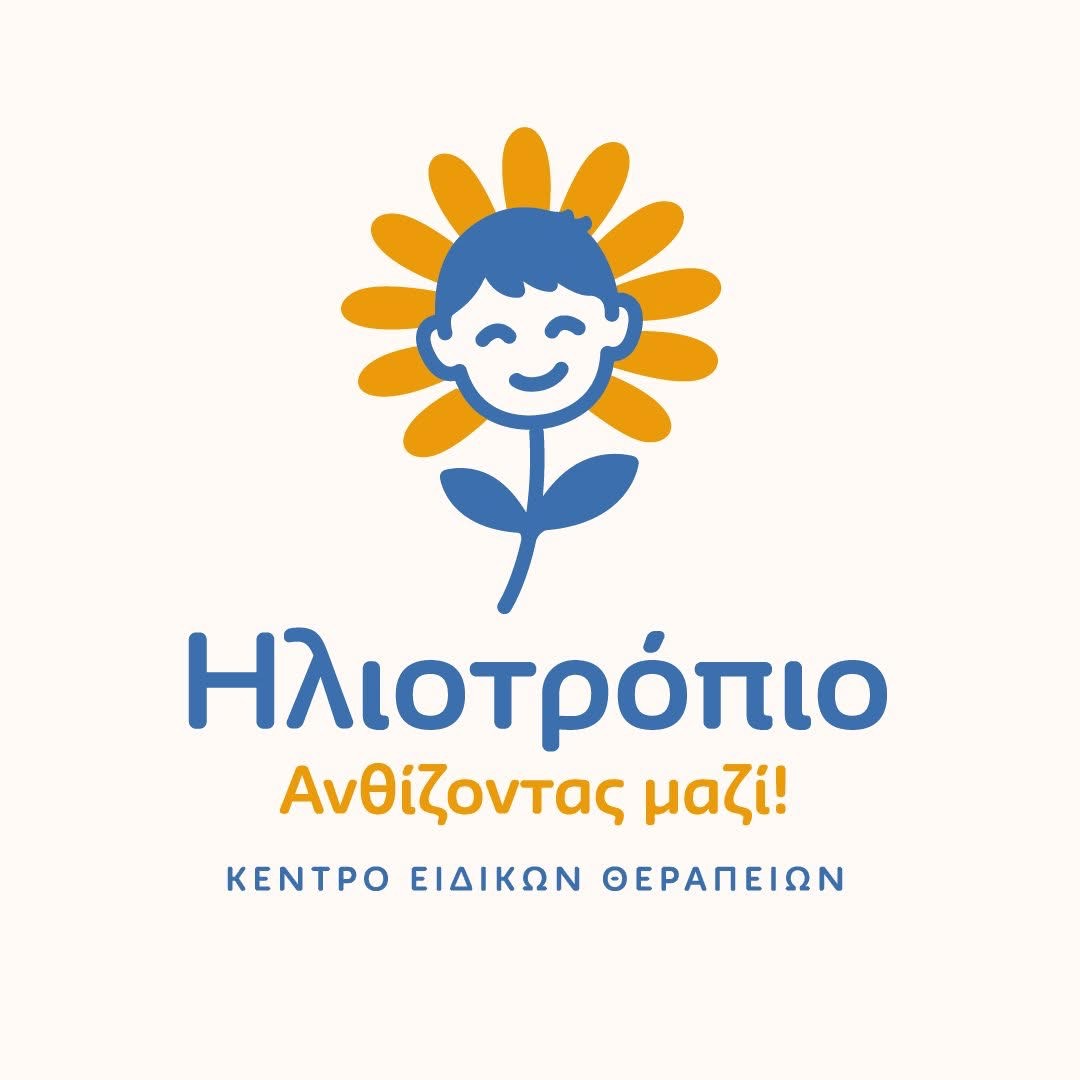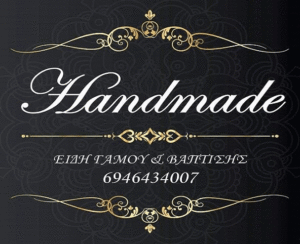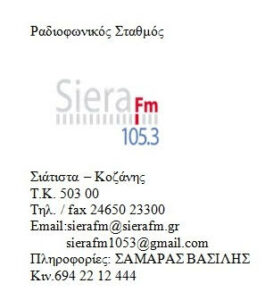Μήνας – σταθμός στην καταπολέμηση της πανδημίας του κορωνοϊού είναι πλέον ο Δεκέμβριος, ύστερα από την έγκριση του εμβολίου της Pfizer από τις βρετανικές Αρχές.
Διεθνή δίκτυα, με έκτακτες ειδήσεις, μετέδωσαν νωρίτερα την ανακοίνωση της βρετανικής κυβέρνησης ότι «δέχθηκε τη σύσταση της ανεξάρτητης Ρυθμιστικής Αρχής Φαρμάκων και Προϊόντων Υγείας (MHRA) να εγκρίνει το εμβόλιο των Pfizer/ BioNTech για χρήση».
Στην ανακοίνωση επισημαίνεται ότι η έγκριση του εμβολίου της Pfizer «έρχεται μετά από μήνες αυστηρών κλινικών δοκιμών και διεξοδική ανάλυση των δεδομένων από ειδικούς του MHRA που κατέληξαν στο συμπέρασμα ότι το εμβόλιο πληροί τα αυστηρά πρότυπα ασφάλειας, ποιότητας και αποτελεσματικότητας». Η εξέλιξη αυτή οδηγεί στην έναρξη των εμβολιασμών στη Βρετανία ήδη από την επόμενη εβδομάδα.
Είναι πράγματι ασφαλές το εμβόλιο της Pfizer; Τι είναι η τεχνολογία mRNA και κατά πόσο αποδοτικό αναμένεται να είναι; Το βρετανικό SkyNews έθεσε τα «καυτά» ερωτήματα σε ειδικούς, οι οποίοι έδωσαν τις απαντήσεις τους.
Εμβόλιο Pfizer: Τα 6 πράγματα που πρέπει να γνωρίζετε
Ακολουθούν τα βασικά ερωτήματα για το εμβόλιο των Pfizer – BioNTech και οι απαντήσεις των ειδικών στο SkyNews, οι οποίοι «φωτίζουν» τις μεγάλες ελπίδες, αλλά και τις αβεβαιότητες που υπάρχουν:
1) Το εμβόλιο αναπτύχθηκε πολύ γρήγορα, είναι ασφαλές;
Εχουν περάσει μόνο κάποιοι μήνες, όμως οι επιστήμονες διαβεβαιώνουν το κοινό ότι η ταχύτητα με την οποία αναπτύχθηκε το εμβόλιο δεν σημαίνει ότι δεν είναι ασφαλές. Οι Pfizer και BioNTech υποστήριξαν ότι κατά τις δοκιμές δεν προέκυψαν σοβαρά ζητήματα ασφαλείας.
Για λόγους ασφαλείας, στις δοκιμές -για το εν λόγω εμβόλιο- συμμετείχε ο ίδιος αριθμός ανθρώπων (σχεδόν 45.000 άτομα), όπως και στις μελέτες για τα υπόλοιπα εμβόλια και στο ίδιο χρονικό διάστημα. H καθηγήτρια Χάιντι Λάρσον, διευθύντρια του Vaccine Confidence Project, δήλωσε ότι κατέστη δυνατό να επιταχυνθούν οι διαδικασίες έγκρισης λόγω ενός βαθμού αποτελεσμαστικότητας που δεν έχουμε συναντήσει στο παρελθόν.
Αμέσως μετά την κρίση του Εμπολα, δημιουργήθηκαν μηχανισμοί χρηματοδοτήσεων για έκτακτες συνθήκες, όπως αυτές της πανδημίας του κορωνοϊού, ώστε τα κεφάλαια να διανεμηθούν πολύ γρήγορα -σε αντίθεση με παλαιότερα εμβόλια. Η χρήση νέων τεχνολογιών, όπως η mRNA στην οποία βασίστηκε το εμβόλιο των Pfizer – BioNTech, συνέδραμε επίσης στην επιτάχυνση των διαδικασιών.
2) Τι είναι το RNA; Μπορεί αυτός το τύπος του εμβολίου να επηρεάσει τον γενετικό κώδικα (DNA) των ανθρώπων;
Το RNA είναι ένα νουκλεϊκό οξύ (Ριβονουκλεϊκό οξύ) το οποίο μετατρέπει το DNA σε πρωτεΐνες. «Κουβαλά» τις γενετικές πληροφορίες του κορωνοϊού SARS-CoV-2. Τα εμβόλια mRNA (αγγελιαφόρος RNA) αναπτύχθηκαν τα τελευταία χρόνια και σε αντίθεση με τα «παραδοσιακά» εμβόλια, που δημιουργούνται από αποδυναμωμένες μορφές του ιού, χρησιμοποιούν μόνο τον γενετικό κώδικα του παθογόνου (ιού).
Εισάγουν στο σώμα μια ακολουθία mRNA που περιέχει τις γενετικές οδηγίες για τα κύτταρα του ίδιου του ατόμου ώστε να παράγουν τα αντιγόνα του εμβολίου και να παράγουν μια ανοσοαπόκριση. Τα περισσότερα εμβόλια λειτουργούν με την έκχυση «νεκρού» ή αποδυναμωμένου ιού στον οργανισμό, ο οποίος στη συνέχεια χτίζει ανοσία σε αυτόν, καθώς το ανοσοποιητικό μαθαίνει να τον αναγνωρίζει και να αντιδρά.
Η καθηγήτρια Λάρσον εξηγεί: «Δεν αλλάζουν το DNA σου. Αλλάζουν τη συμπεριφορά του ιού, αλλά όχι το DNA». Τα εμβόλια RNA είναι γνωστό ότι έχουν μεγαλύτερη ισχύ από τα τυπικά εμβόλια, μπορούν να αναπτυχθούν ταχύτερα και με χαμηλότερο κόστος ενώ είναι ασφαλή για χορήγηση.
3) Πόσο αποτελεσματικό είναι το εμβόλιο των Pfizer – BioNTech;
Ανεξάρτητοι ειδικοί διαπίστωσαν ότι το εμβόλιο είναι αποτελεσματικό σε ποσοστό μεγαλύτερο του 90% στο να προστατεύει τους ανθρώπους από το να αναπτύξουν τη νόσο COVID-19. Ο Παγκόσμιος Οργανισμός Υγείας είχε επισημάνει ότι το ελάχιστο ποσοστό αποτελεσματικότητας για να εγκριθεί ένα εμβόλιο για τον κορωνοϊό θα είναι το 50%. Επομένως, η αποτελεσματικότητα του εμβολίου των Pfizer – BioNTech είναι κατά πολύ μεγαλύτερη.
Η Pfizer και η BioNTech πρέπει να ολοκληρώσουν τη σχετική μελέτη. Οπως αναφέρει το SkyNews, στο τέλος μπορεί να μην είναι όσο αποδοτικό έδειχνε αρχικά, όμως οι επιστήμονες συμφωνούν ότι είναι πολύ πιθανό να παραμείνει αρκετά πιο πάνω από το όριο του 50%. Σημειωτέον: Τα εμβόλια για τη γρίπη είναι αποτελεσματικά κατά 40% έως 60%.
4) Για πόσο θα διαρκεί η ανοσία;
Η Φάση 3 των δοκιμών για το εμβόλιο ξεκίνησε στις 27 Ιουλίου και, επομένως, δεν υπήρχε αρκετός χρόνος για να αποδειχθεί το χρονικό διάστημα για το οποίο θα λειτουργεί το εμβόλιο. Η Έλεανορ Ράιλι, καθηγήτρια ανοσολογίας και λοιμωδών νόσων στο Πανεπιστήμιο του Εδιμβούργου, είπε στο Sky News σχετικά:
«Δεν ξέρουμε τίποτε ακόμα για τη σοβαρότητα των περιστατικών που διαπιστώθηκαν στις δοκιμές, αν απετράπη η μόλυνση ή η μεταδοτικότητα ή το κατά πόσο θα διαρκεί η ανοσία. Ομως πιστεύω ότι έχουμε λόγο να είμαστε συγκρατημένα αισιόδοξοι»
5) Θα αποτρέπει τη μετάδοση το εμβόλιο;
Δεν είναι ακόμη ξεκάθαρο το αν το εμβόλιο θα προστατεύει από τη μόλυνση ή την ανάπτυξη συμπτωμάτων, όταν κάποιος μολύνεται. Στη δεύτερη περίπτωση (αποτροπή συμπτωμάτων) τότε θα προέκυπτε ανησυχία για το αν εμβολιασμένοι άνθρωποι θα μπορούν να μεταφέρουν και να μεταδίδουν τον ιό.
Η Πένι Ουόρντ από το King’s College αναφέρει:
«Το ερώτημα για τη μεταδοτικότητα δεν μπορεί να απαντηθεί σε αυτή τη φάση. Αν η συχνότητα μετάδοσης είναι η ίδια στην ομάδα που έλαβε το placebo εμβόλιο και σε εκείνη στην οποία χορηγήθηκε το εμβόλιο, τότε η μετάδοση από ένα εμβολιασμένο άτομο σε άλλους θα είναι δυνατή».
6) Θα βοηθήσει το εμβόλιο ηλικιωμένους και ευπαθή άτομα;
Η Pfizer έχει δηλώσει ότι το 42% των συμμετεχόντων στην έρευνα για το εμβόλιο ήταν από ποικίλα εθνικά και φυλετικά περιβάλλοντα και ότι στις δοκιμές περιελήφθησαν και άνθρωποι μεγάλης ηλικίας.
Στη δοκιμή, κατά την οποία σε κάποιους εθελοντές χορηγήθηκε placebo και σε άλλους το κανονικό εμβόλιο, διαπιστώθηκαν 94 θετικοί στον κορωνοϊό (δηλαδή άνθρωποι που προσβλήθηκαν στο επόμενο διάστημα). Εξ αυτών, μόλις το 10% είχε λάβει το εμβόλιο. Αυτό σημαίνει ότι με αυτά τα στοιχεία το εμβόλιο της Pfizer – BioNTech είναι κατά 90% αποδοτικό.
Επιστήμονες εκτιμούν ότι 94 περιστατικά δεν είναι αρκετά για να διαπιστωθεί αν το εμβόλιο προστατεύει τους ηλικιωμένους όσο τις υπόλοιπες ομάδες. Οι δοκιμές θα συνεχιστούν μέχρι να καταγραφούν 164 κρούσματα στους συμμετέχοντες. Οι επιστήμονες, παρά ταύτα, θεωρούν ότι τα αποτελέσματα δείχνουν πως το εμβόλιο θα είναι αποτελεσματικό για τους ηλικιωμένους.
Πηγή: iefimerida.gr
